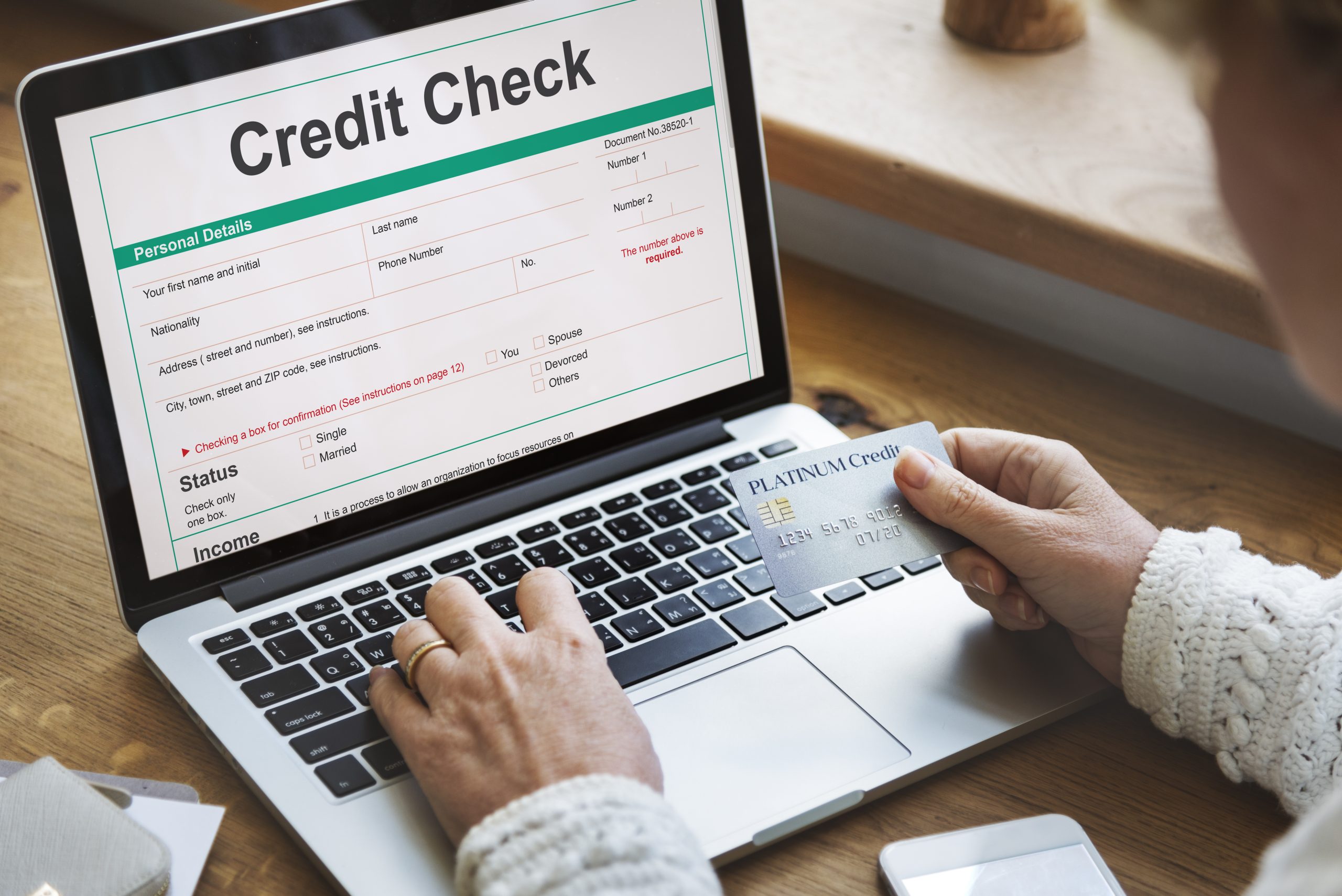First Home Buyer Guide: Steps to Secure Your Dream Home

Step 1: Eligibility Check
Starting your homeownership journey means understanding if you’re eligible for a home loan. Lenders typically consider factors such as your credit score, employment stability, and financial health.
What Lenders Look For:
✔ Credit Score: A higher credit score can improve your chances of approval and help secure better interest rates.
✔ Income & Employment: Stable income and consistent employment are key to lenders.
✔ Existing Debts: Reducing any current debts can strengthen your application.
💡 Tip: Even if you’re early in the process, checking your credit score and tidying up your finances can help prepare for a successful application.


Step 2: Saving for a Deposit
One of the biggest hurdles for a first home buyer is saving for a deposit. The typical deposit size is 5-20% of the property value, depending on the loan type and lender’s requirements.
Deposit Essentials:
✔ Required Amounts: Aim for at least a 20% deposit to avoid paying Lenders Mortgage Insurance (LMI).
✔ Savings Strategies: Set up a dedicated savings account, cut unnecessary expenses, and explore government grants for first-time buyers.
📊 Calculator: Use our Deposit Savings Calculator to estimate how much you need and how long it might take.
Related Resource: How Much Deposit Do You Need for a House in Australia?

Step 3: Understanding Home Loan Options
Loan Types Explained:
✔ Fixed vs. Variable Rates: Fixed rates offer stability, while variable rates can fluctuate, potentially offering savings.
✔ Offset Accounts: These can reduce your interest payments and help you pay off your loan faster.
✔ Redraw Facilities: This feature allows you to access extra repayments made on your loan.
Read More: Explore Loan Types for First-Time Buyers


Step 4: Pre-Approval Process
Pre-Approval Steps:
1. Gather necessary documents (ID, income proof, bank statements).
2. Submit an application to your chosen lender.
3. Receive your pre-approval within a few days to a week.
Helpful Tip: A pre-approval shows sellers you’re serious and financially ready to buy.
Further Reading: How to Boost Your Chances for Loan Pre-Approval

Step 5: Finding the Right Property
With your pre-approval in place, it’s time to find the perfect home. Consider your lifestyle, budget, and future needs to narrow down the search.
Key Factors to Consider:
✔ Location & Growth Potential: Research suburbs with good growth potential and amenities.
✔ Property Type: Decide between a house, unit, or apartment based on your budget and long-term plans.
✔ Budget: Stick within your pre-approved limit to avoid financial strain.
🗺️ Interactive Map: Discover high-growth areas in Australia that are popular among first-time buyers.
Related Article: Tips for Choosing Your First Property Location


Step 6: Making an Offer
Once you’ve found the right property, it’s time to make an offer. This stage involves negotiations, paying a deposit, and setting contingencies.
Offer Tips:
✔ Negotiations: Work with your agent to ensure a fair offer.
✔ Deposit Payment: Generally 5-10% of the property price, paid upfront.
✔ Legal Checks: Engage a conveyancer or solicitor to manage the legal side.

Step 7: Settlement & Moving In
The final step, settlement, is when the property ownership is legally transferred to you. The settlement period generally lasts 30-90 days.
What to Expect:
✔ Settlement Day: Your solicitor or conveyancer will handle the transaction, ensuring funds are transferred, and all documents are signed.
✔ Associated Costs: Be prepared for costs like stamp duty, legal fees, and moving expenses.
✔ Getting the Keys: After settlement, you’ll receive the keys to your new home!

Frequently Asked Questions
How much stamp duty will I pay as a first-time buyer?
The amount varies by state; consult with your conveyancer for exact figures or check our guide on First-Time Buyer Stamp Duty Exemptions.
What government grants are available for first-time buyers?
Grants vary by state and income; learn more about specific first-time buyer grants.
Ready to take the next step?
Our expert mortgage brokers are here to guide you through every stage of the home-buying process and help secure your dream home.
